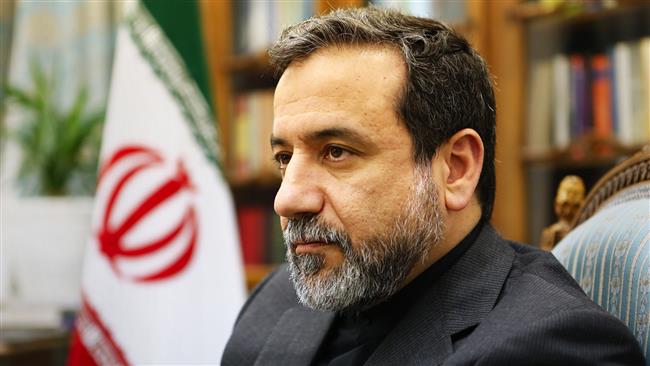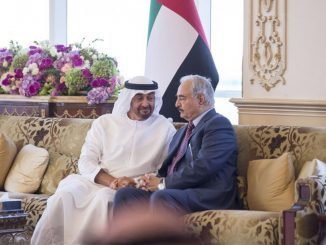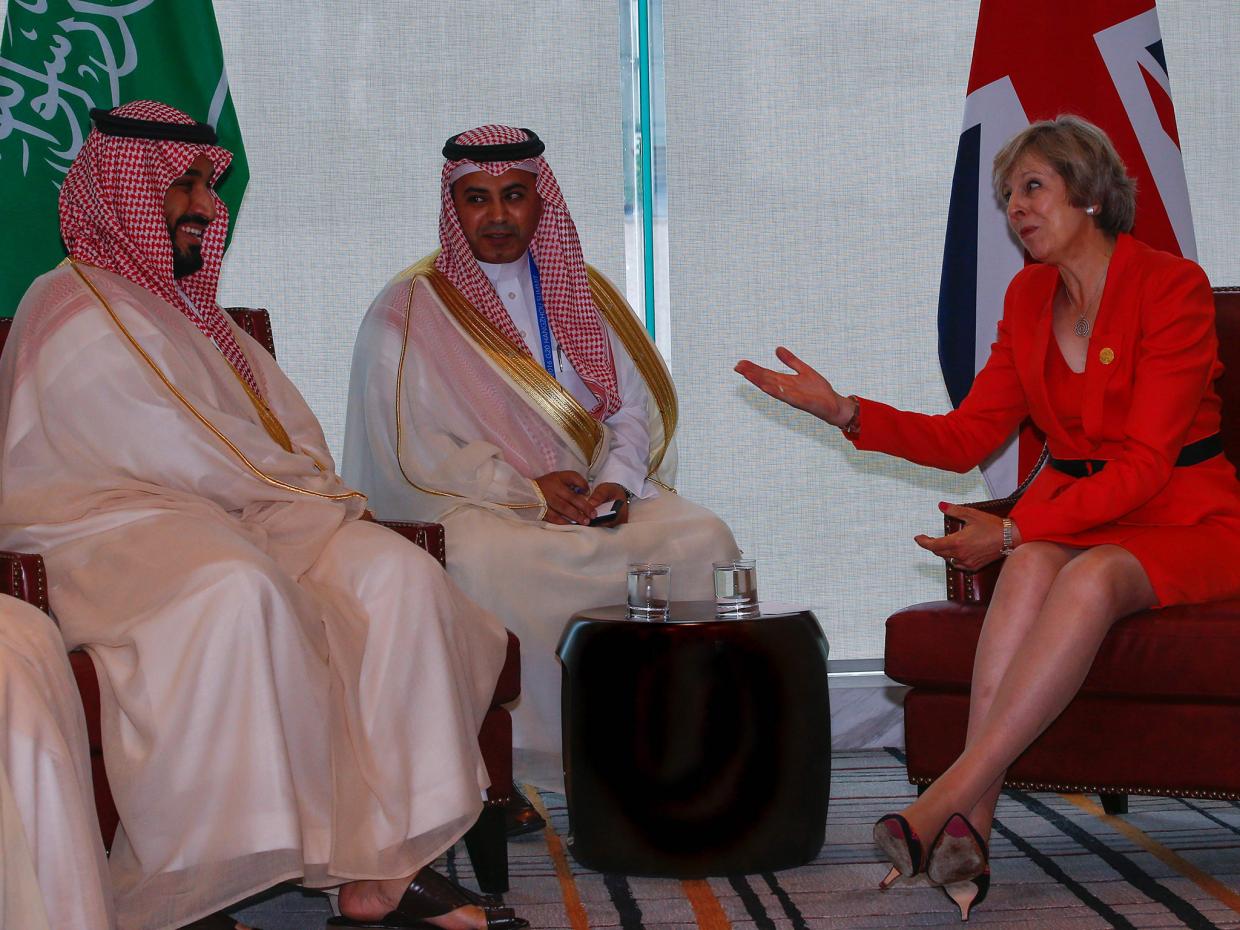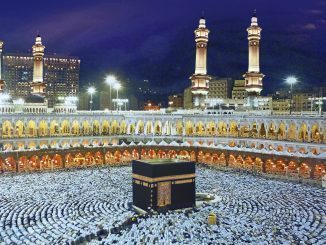
Iran has criticized the reelection of Saudi Arabia to the U.N. Human Rights Council, saying that the UN is failing in its main goal of providing peace.
A Sunday report by the official IRNA news agency quotes Iran’s Deputy Foreign Minister Abbas Araghchi as saying that the election is, “the best indication that human rights is merely in direction of political interests.”
“Electing certain states such as Saudi Arabia to the Human Rights Council is the best hint making us believe that the international tools of human rights only serve in the favor of political interests,” IRNA news agency quoted Iranian Deputy Foreign Minister for Legal and International Affairs, Abbas Araghchi, as saying.
“The United Nations in particular Human Rights Council have failed to achieve their main goals which is providing international peace and security and that is embarrassing,” he added.
He further expressed hope that the new secretary general of the UN will be capable of giving a push to the issue of the human rights.
Regional rivals Iran and Saudi Arabia have no diplomatic relations and support opposite sides in conflicts in Syria and Yemen.
Iraq, Egypt, China, Brazil, Rwanda, Hungary, Cuba, South Africa, Japan, Tunisia, the U.S. and U.K. also won seats Friday on the council, while Russia wasn’t teelected and lost its membership over crimes in Syria.
Saudi Arabia and UN human rights council
Human rights groups had called on countries to reject the candidacy of Saudi Arabia, which has been accused of indiscriminate attacks against civilians in Yemen. A Saudi-led military coalition is battling Iran-backed Shiite militias there.
A U.N. report on children and armed conflict released in July said the coalition was responsible for 60 percent of child deaths and injuries in Yemen last year, killing 510 and wounding 667, and half the attacks on schools and hospitals.
Human Rights Watch and Amnesty International also said they had documented 69 unlawful air strikes, some of which may amount to war crimes, in Yemen by the coalition in which at least 913 civilians were killed.
The U.N. briefly blacklisted the Saudi coalition in July for killing children in Yemen.
However, the ban was removed after U.N. Secretary-General Ban Ki-moon said he was under an unacceptable pressure.
The coalition began a military campaign against Iran-backed Houthi militias in March 2015. It sides with the President Abd Rabbuh Mansur Hadi, while the Houthis are aligned with ousted President Ali Abdullah Saleh, who was ousted after Yemen revolution in 2012.



